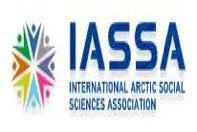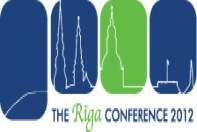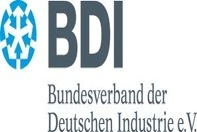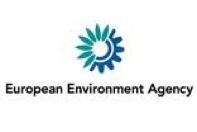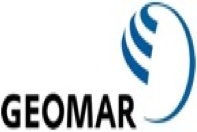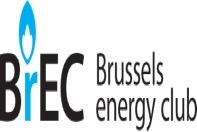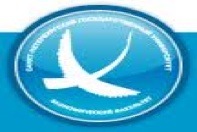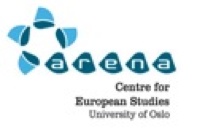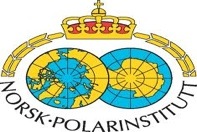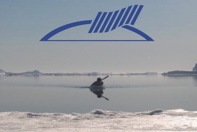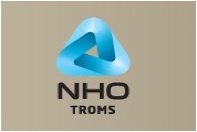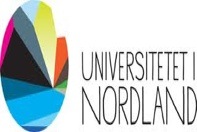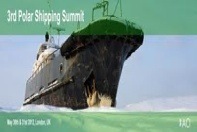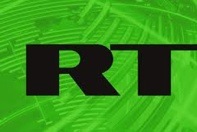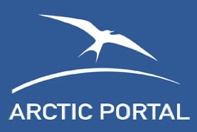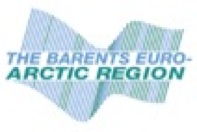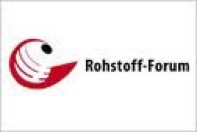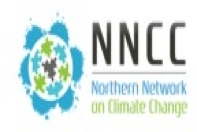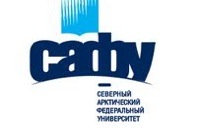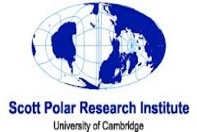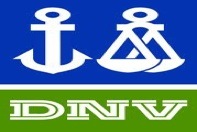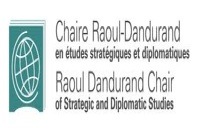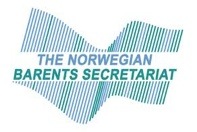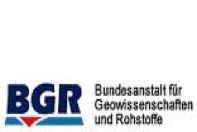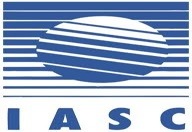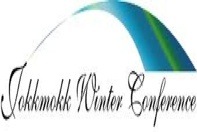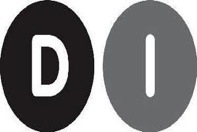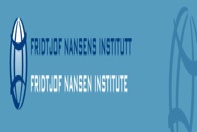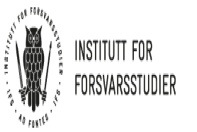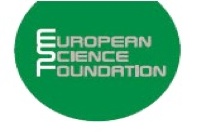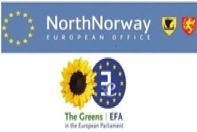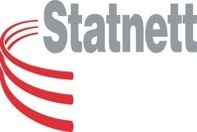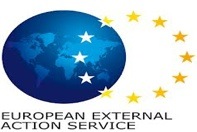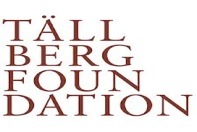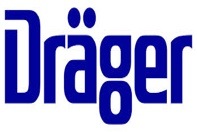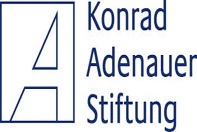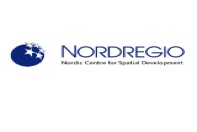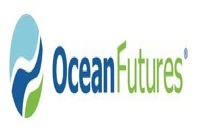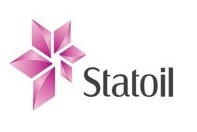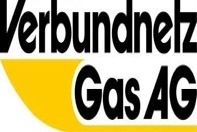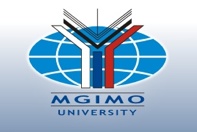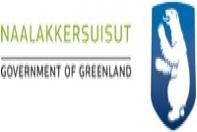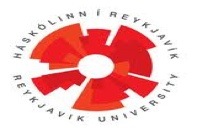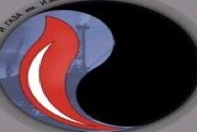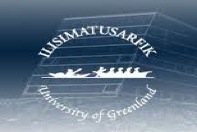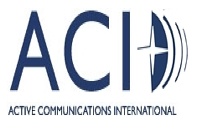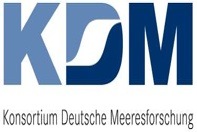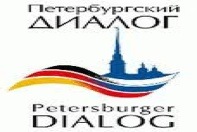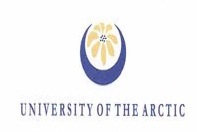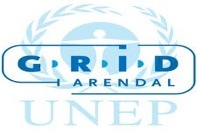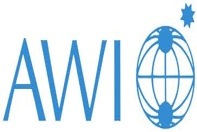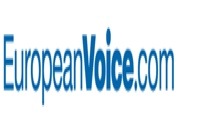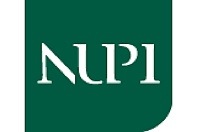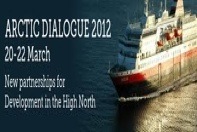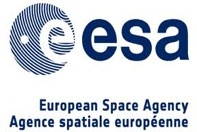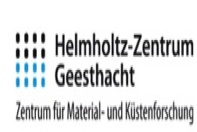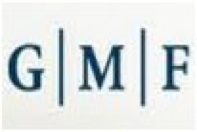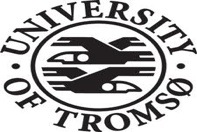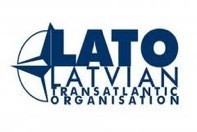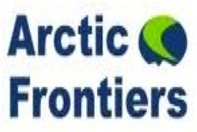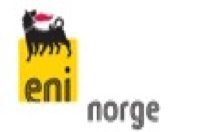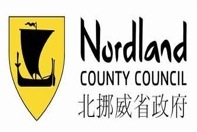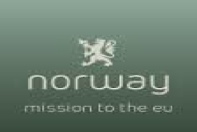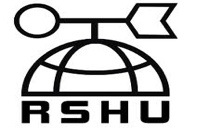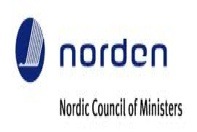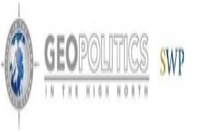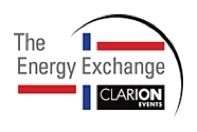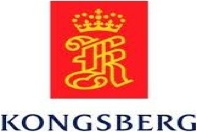Opinions
EU Commission publishes Arctic Communication and the EU Arctic Forum takes next steps
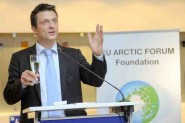
“Good things take time!” After months of preparations, the EU Commission will publish its long awaited New Arctic Communication, incorporating the prepared progress report, and highlighting the European Union’s commitment to the Arctic. Read more…
Managing the Arctic – Norway’s views
 Commentary by Erik Lahnstein, the Norwegian State Secretary.
Commentary by Erik Lahnstein, the Norwegian State Secretary.
Changes are taking place in the Arctic. We have a responsibility to make sure that the Arctic remains a peaceful region and to conduct our activities in a safe and environmentally sound way to ensure sustainable development in the region. The Arctic Council is the nucleus of the region’s cooperative framework. In Norway’s view, the EU should play a more active role in the Arctic Council. However, a particular responsibility rests with the coastal states bordering the Arctic Ocean. Read more…
Barents Cooperation on the growing EU-Arctic agenda
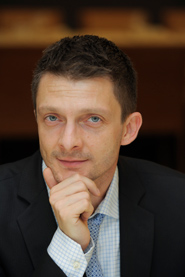 Interview with Steffen Weber, Secretary General of EU ARCTIC Forum in “Barents Saga.”
Interview with Steffen Weber, Secretary General of EU ARCTIC Forum in “Barents Saga.”
Perhaps a shift in policy is a too strong word to use, but it is clear that the North is getting a lot more attention these days than only a few years ago. The European Council conclusions in December 2009 mark a start of drawing up a policy on Arctic issues addressing EU interests and responsibilities in the Arctic. This has opened up a ‘window of opportunity’ for the Barents Cooperation to fill the sometimes wide gaps of knowledge among decisions makers about the European North. Read more…
EU and Canada can grow Arctic relations
First published by Embassy, 28 Sept 2011, Canada’s foreign policy news weekly. http://embassymag.ca/
When it comes to the Arctic, co-operation between the European Union and Canada dates back to the 1990s, when the two entities developed Northern policies. Over the years, these relations evolved in parallel, and at times interconnected ways—and it was only in the late 2000s that they became hindered by the seal hunt. Read more…
Greenland: A key for future developments in the Arctic
 Rapid developments in the Arctic region have highlighted the importance of Greenland, a self-ruled territory that is closely linked to the European Union and has all the strategic assets to attract any country, particularly a power like China. Greenland is about half of the size of the European Union, and is inhabited by less than 57 000 persons. The territory’s state-building process is therefore of great importance for future developments in the Arctic and global energy security, particularly due to Greenland’s enormous potential of Rare Earth Elements, that are needed to develop the technology base for a low carbon century. Read more…
Rapid developments in the Arctic region have highlighted the importance of Greenland, a self-ruled territory that is closely linked to the European Union and has all the strategic assets to attract any country, particularly a power like China. Greenland is about half of the size of the European Union, and is inhabited by less than 57 000 persons. The territory’s state-building process is therefore of great importance for future developments in the Arctic and global energy security, particularly due to Greenland’s enormous potential of Rare Earth Elements, that are needed to develop the technology base for a low carbon century. Read more…


